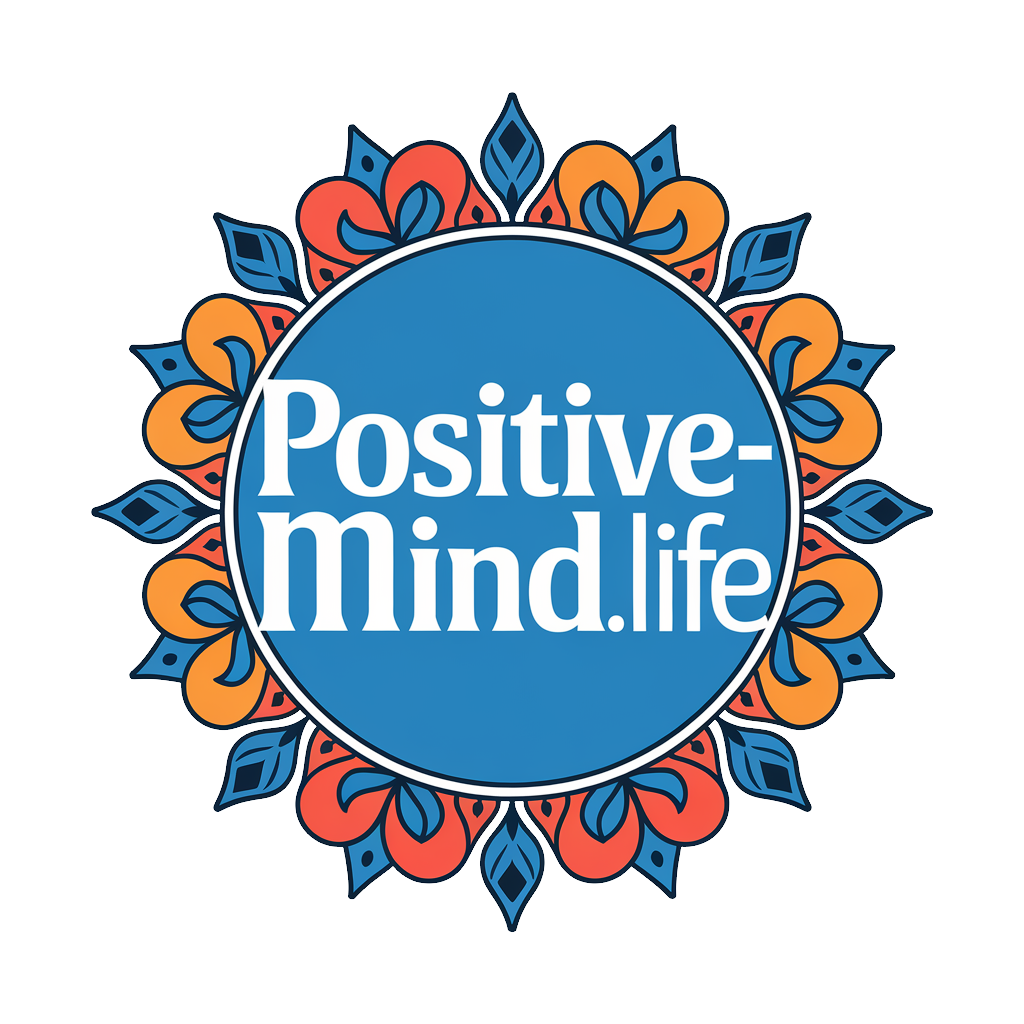Live a Happier Life With These Simple, Healthy Lifestyle Tips
You can live a happier life by embracing simple, healthy lifestyle changes. Prioritize regular exercise to boost your mood and aim for 150 minutes weekly. Embrace mindful eating to make healthier choices and express gratitude daily to shift your focus from lack to abundance. Cultivating positive relationships strengthens your emotional health, while ensuring quality sleep—7-9 hours a night—helps regulate your mood. Don’t forget the power of saying no to maintain your energy. Taking breaks to recharge your mind is crucial. Stick around, and you’ll discover even more effective strategies for enhancing your happiness and overall well-being.
Prioritize Regular Exercise
To maintain a healthy lifestyle, you should prioritize regular exercise. It’s one of the best ideas for a happier, healthier life. Engaging in physical activity boosts your mood, strengthens your body, and enhances your overall well-being. You don’t need a gym membership to get moving; simple activities like walking, jogging, or cycling can do wonders. Aim for at least 150 minutes of moderate exercise each week, and you’ll start noticing improvements in both your physical and mental health.
Incorporating exercise into your daily routine doesn’t have to be daunting. Find activities you enjoy, whether it’s dancing, swimming, or playing a sport with friends. This way, you’ll look forward to working out instead of viewing it as a chore. Set achievable goals that can help keep you motivated, and don’t be afraid to mix things up to prevent boredom.
Embrace Mindful Eating
Mindful eating can transform your relationship with food and enhance your overall health. It’s about being present during meals, focusing on what you’re eating, and savoring each bite. When you practice mindful eating, you’re more likely to notice the flavors, textures, and aromas of your food. This awareness can help you appreciate your meals and make healthier choices.
Start by eliminating distractions while you eat. Put away your phone, turn off the TV, and sit at the table. Take a moment to breathe deeply before you begin. As you eat, chew slowly and pay attention to how your body feels. Notice when you’re satisfied, rather than waiting until you’re overly full.
You might also find it helpful to express gratitude for your food. Acknowledging where it comes from can deepen your connection to what you eat. By listening to your body’s hunger and fullness cues, you’ll cultivate a healthier relationship with food. Mindful eating encourages you to enjoy your meals, fosters better digestion, and ultimately leads to more balanced eating habits. So, take a moment, savor your food, and embrace the joy of mindful eating today.
Cultivate Positive Relationships
Building a healthy lifestyle goes beyond what you eat; it also involves the relationships you nurture. Surrounding yourself with positive, supportive people can significantly impact your mental and emotional well-being. Take the time to assess your current relationships. Are they uplifting or draining? Focus on connecting with individuals who inspire you, challenge you to grow, and share your values.
Make an effort to invest in these relationships. Schedule regular catch-ups, whether it’s over coffee or a quick phone call. Being present and attentive strengthens your bonds and fosters trust. Don’t be afraid to express your feelings; sharing your thoughts and experiences can deepen your connections.
Additionally, practice active listening. When you genuinely listen to others, you show that you value their opinions and feelings. This simple act can create a more profound sense of understanding and empathy.
Practice Daily Gratitude
Gratitude journaling can transform your outlook on life and enhance your overall well-being. By taking just a few minutes each day to jot down what you’re thankful for, you’ll shift your focus from what you lack to the abundance already present in your life. This simple practice can help you cultivate a more positive mindset.
Start by setting aside a specific time each day, whether in the morning or before bed, to reflect on your day. Write down three to five things you appreciate. They can be as simple as a warm cup of coffee or a smile from a stranger. The key is to be specific and genuinely feel the gratitude you express.
You might notice that over time, this habit helps to reduce stress and anxiety, making you more resilient in facing challenges. It encourages you to recognize the good in your life, which can lead to increased happiness and satisfaction. Plus, expressing gratitude can enhance your relationships, as you become more aware of the people who support and uplift you. So, grab a notebook and pen, and start your journey toward a more grateful and fulfilling life today!
Ensure Quality Sleep
Quality sleep is essential for your overall health and well-being. When you prioritize sleep, you’re not just resting; you’re allowing your body and mind to rejuvenate. Aim for 7-9 hours of quality sleep each night to boost your mood, improve focus, and enhance your immune system.
Create a consistent bedtime routine. Go to bed and wake up at the same time every day, even on weekends. This helps regulate your body’s internal clock, making it easier to fall asleep and wake up refreshed. Limit screen time at least an hour before bed. The blue light emitted by devices can interfere with melatonin production, making it harder to drift off.
Make your sleep environment comfortable. Keep your bedroom cool, dark, and quiet. Invest in a good mattress and pillows that support restful sleep. If you struggle with noise, consider earplugs or a white noise machine.
Avoid heavy meals, caffeine, and alcohol close to bedtime. These can disrupt your sleep cycle and lead to restless nights. Instead, try a calming bedtime ritual, like reading or gentle stretching. Prioritizing quality sleep is a simple yet powerful step toward a happier, healthier life.
Manage Stress Effectively
Managing stress effectively starts with identifying what triggers it in your life. Once you know your stressors, you can practice mindfulness techniques to help you stay grounded. Establishing healthy boundaries will also protect your well-being and keep stress in check.
Identify Stress Triggers
Recognizing your stress triggers is essential for effective stress management. By pinpointing what causes your stress, you can take proactive steps to reduce its impact on your life. Start by keeping a journal to log your daily activities and your emotional responses to them. Notice patterns that arise when you feel overwhelmed or anxious. Are there specific people, situations, or tasks that consistently trigger your stress?
Once you’ve identified these triggers, you can work on strategies to manage or eliminate them. For example, if certain work tasks cause you distress, consider breaking them down into smaller, more manageable steps. If social situations heighten your anxiety, think about setting boundaries or limiting your exposure to those environments.
It’s also helpful to communicate your feelings with trusted friends or family. They may provide insights or support that can help you cope better. Remember, it’s not just about avoiding stressors but also about developing resilience. By understanding what stresses you out, you’re taking the first crucial step towards a more balanced and happier life. So, take the time to reflect and identify your stress triggers, and you’ll be better equipped to handle life’s challenges.
Practice Mindfulness Techniques
Practicing mindfulness techniques can significantly enhance your ability to manage stress effectively. Mindfulness involves focusing on the present moment, which helps you break free from overwhelming thoughts and worries. Start by setting aside just a few minutes each day to practice. You can begin with deep breathing exercises. Simply close your eyes, take a deep breath in through your nose, hold it for a moment, and then exhale slowly through your mouth. Repeat this several times, allowing your mind to settle.
Another effective technique is body scanning. Lie down comfortably and mentally scan your body from head to toe, noticing any tension or discomfort. Acknowledge these sensations without judgment, and consciously relax those areas.
You might also try mindful observation. Choose an object around you—a plant, a piece of art—and focus on it for a few minutes. Notice the colors, shapes, and textures, immersing yourself fully in the experience.
Establish Healthy Boundaries
Establishing healthy boundaries is crucial for maintaining your mental and emotional well-being. When you set clear limits, you protect your energy and create space for what truly matters in your life. Start by identifying your needs and values. What drains you? What uplifts you? Knowing these helps you communicate your boundaries effectively.
Next, practice saying no. It’s okay to decline requests that don’t align with your priorities. Remember, saying no to others often means saying yes to yourself. Be assertive but respectful; this builds trust and understanding in your relationships.
Additionally, don’t hesitate to take breaks when you need them. Whether it’s time away from social media or stepping back from certain relationships, space allows you to recharge and reflect.
Finally, communicate openly with others about your boundaries. When people understand your limits, they’re more likely to respect them. This fosters healthier interactions and reduces stress. By establishing and maintaining these boundaries, you’ll cultivate a more balanced life, reduce anxiety, and ultimately enhance your overall happiness. Prioritizing your well-being isn’t selfish—it’s necessary for a fulfilling life.





